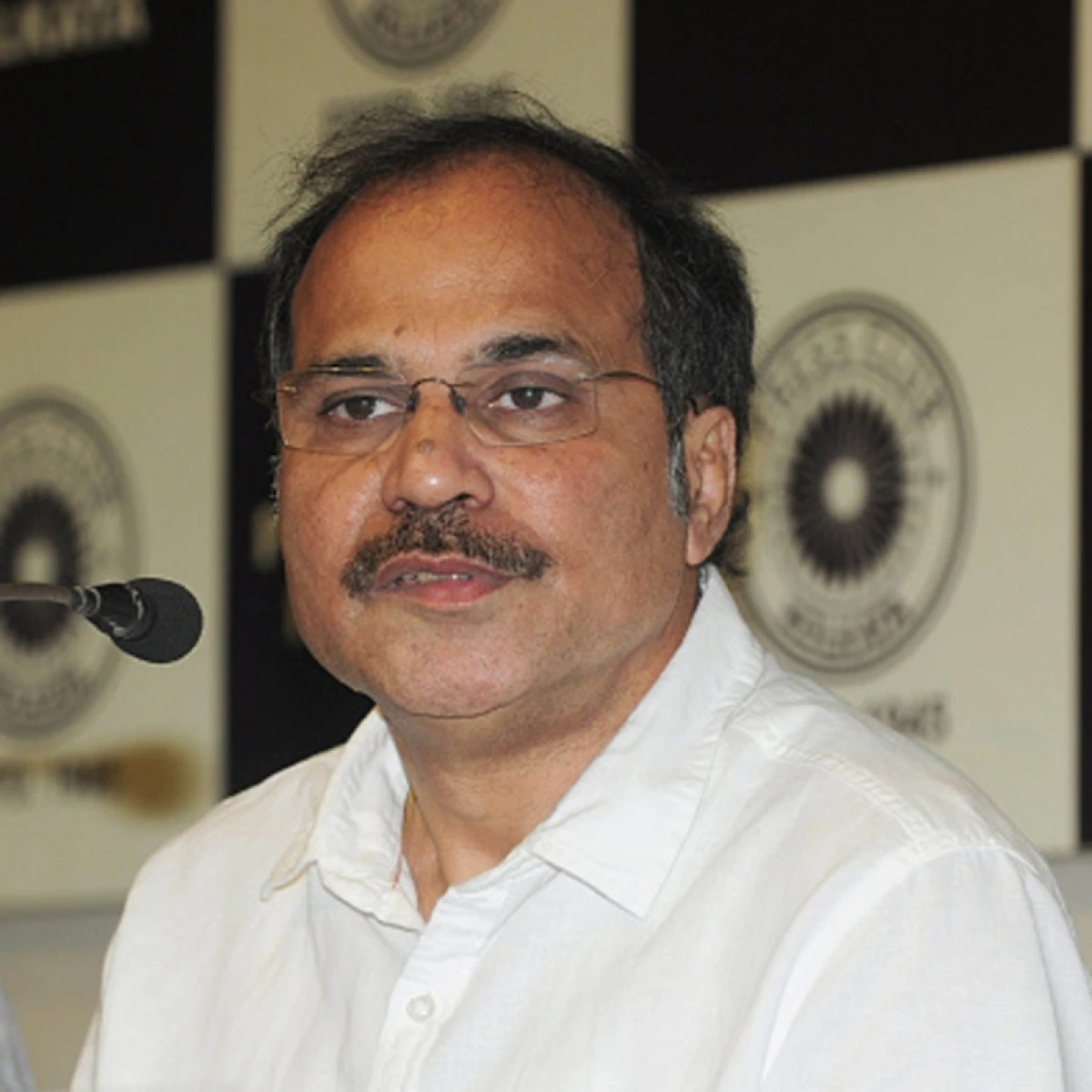28-JUN-2025, 02:30PM
In a strong and emotional statement, senior Congress leader Adhir Ranjan Chowdhury has lashed out at the state government over the recent reported gang rape incident in Kolkata, calling the situation in West Bengal “almost a semblance of anarchy.” His remarks have sparked a renewed debate about the law and order crisis and the safety of women in the state.
Adhir Ranjan Chowdhury Terms Incident a “Moral Collapse”
Speaking to the press, Adhir Ranjan Chowdhury described the reported crime as a “moral collapse” that underlines the deteriorating governance in Bengal.
According to initial reports, a young woman was allegedly abducted and assaulted in a moving vehicle in Kolkata by a group of men, an incident that has triggered widespread public outrage. Chowdhury said:
“What has happened in Kolkata is nothing short of a horror. Almost a semblance of anarchy has descended in Bengal. Women are not safe in their own city, and the government appears unmoved.”
He further accused the ruling party of failing to protect citizens and alleged that criminals enjoy “patronage and impunity” under the present dispensation.
Political Reactions to Adhir Ranjan Chowdhury : Statement
Adhir Ranjan Chowdhury’s comments have quickly drawn responses from across the political spectrum. Leaders of the Trinamool Congress (TMC) dismissed his statements as “politically motivated,” while opposition parties and women’s rights activists said they were a “wake-up call” for the administration.
BJP leaders also weighed in, echoing Chowdhury’s sentiment that the state government has failed to maintain public order. Several civil society groups, meanwhile, called for impartial investigations and concrete action rather than political mudslinging.
A Spotlight on Law and Order in West Bengal
This is not the first time that Adhir Ranjan Chowdhury has criticised the Bengal government on security issues. He has repeatedly accused Chief Minister Mamata Banerjee’s administration of turning a blind eye to rising crime.
Key concerns raised by Chowdhury and other leaders include:
A reported increase in crimes against women in urban and rural areas
Delays in lodging FIRs and slow investigations
Allegations of political interference in policing
Fear among victims and witnesses about coming forward
Activists argue that the Kolkata incident is part of a worrying pattern rather than an isolated crime.
Government Response and Public Anger
In response to the outrage sparked by Adhir Ranjan Chowdhury and others, senior West Bengal government officials assured citizens that the accused would be swiftly apprehended and prosecuted. Police have reportedly detained multiple suspects and are analysing CCTV footage and phone records to build a strong case.
However, protests have already erupted in parts of Kolkata, with demonstrators demanding stronger policing and better safeguards for women. Social media campaigns under hashtags such as #JusticeForKolkataVictim have gained momentum, calling for accountability from the top down.
Adhir Ranjan Chowdhury Urges Central Intervention
Taking his criticism further, Adhir Ranjan Chowdhury appealed to the Union Home Ministry to closely monitor the law and order situation in Bengal. He argued that the failure to protect women is a constitutional crisis requiring urgent remedial measures.
“It is time the Centre realises that Bengal is slipping into chaos,” he said. “We cannot watch helplessly as women suffer.”
His remarks have fueled speculation that Congress may seek parliamentary discussions or even demand an inquiry into the state’s governance.
Broader Implications for Women’s Safety
Beyond the political fallout, the incident has once again exposed the broader issues of women’s safety, justice delays, and the need for systemic reforms. Experts have highlighted:
-
The importance of faster, victim-centric investigations
-
Dedicated women’s help desks in police stations
-
Community awareness to reduce stigma and fear
-
Training and sensitisation of law enforcement personnel
Many believe that only sustained policy changes and accountability mechanisms can reverse what Adhir Ranjan Chowdhury called a “descent into lawlessness.”
Conclusion: A Call for Action, Not Just Words
The tragic incident in Kolkata and the passionate statements by Adhir Ranjan Chowdhury have underscored the urgent need to restore confidence in public safety in West Bengal. As investigations proceed, all eyes are on whether the government will go beyond assurances and implement long-overdue reforms.
For the citizens of Bengal, especially women, the hope remains that this crisis will finally prompt authorities to prioritise security over politics.





